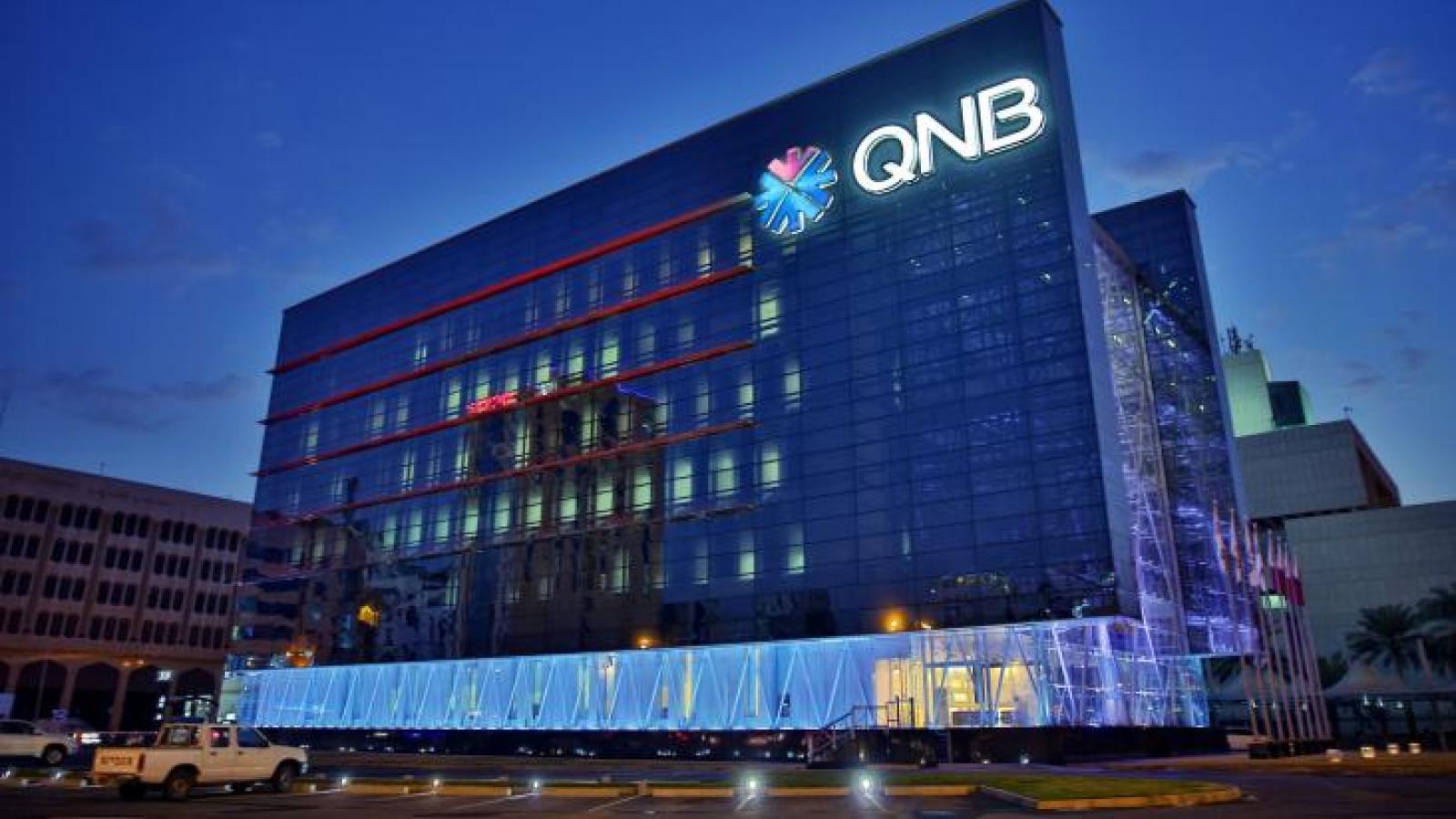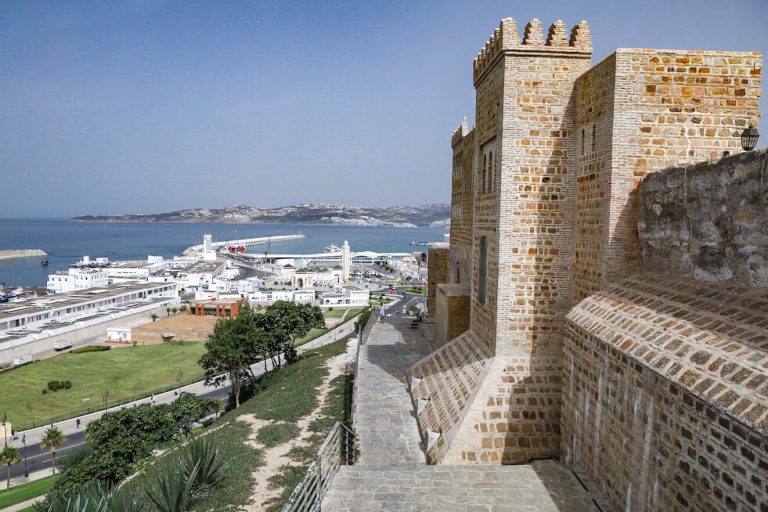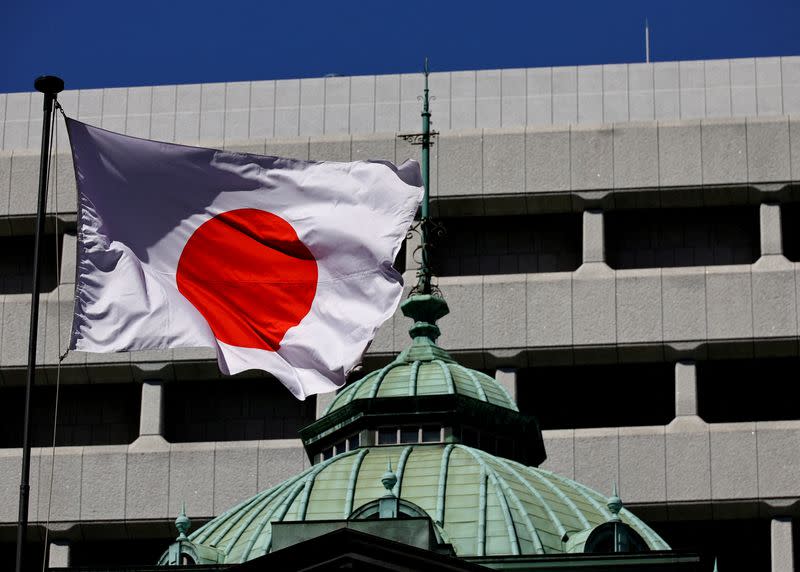As Saudi Arabia celebrated its 95th National Day on Tuesday, the Kingdom is showcasing rapid economic reforms designed to cement its role as a global business hub.
Powered by its Vision 2030 diversification strategy, Riyadh has rolled out regulatory reforms, investment incentives and talent programs that are attracting multinational firms. International companies are expanding amid localisation and manufacturing projects, while new visa categories are luring foreign expertise to support ambitions to turn the Kingdom into a regional hub for technology, innovation and sustainability.
Saudi Arabia’s non-oil economy is forecast to grow 4.3% in 2025, supported by strong domestic demand and credit growth, Jadwa Investment said.
Technology hub
Digital infrastructure, flexible regulations and research incentives have made the kingdom a magnet for global technology players.
Chinese PC maker Lenovo said Saudi Arabia had established itself as a global hub combining technology, innovation and sustainability under Vision 2030.
Giovanni Di Filippo, the company’s vice president and general manager in Saudi Arabia, said the firm had set up its regional headquarters in Riyadh and broken ground on a sustainable manufacturing facility that will produce millions of “Made in Saudi” computers and servers by 2026.
Through partnerships such as a recent tie-up with state-backed tech and industrial firm Alat, Lenovo aims to create jobs, build local skills, strengthen supply chains and bolster the kingdom’s digital economy.
Alat, launched by the Public Investment Fund in February 2024, seeks to establish Saudi Arabia as a global hub for sustainable industries and clean energy.
Labor market reforms
Alongside investments, Saudi Arabia is overhauling its labour market to attract global talent while training nationals.
Human capital is at the heart of the transformation, said Haider Hussain, managing partner for the Middle East and North Africa at immigration consultancy Fragomen.
He cited new visa categories, long-term residency pathways and human resources policies that have opened the door to international talent, alongside heavy investment in training young Saudis for a diversified economy.
He added that reforms in labour mobility reflect a strategic commitment to put people at the Center of national transformation.
Future sectors
Saudi Arabia is also moving into frontier industries, including space. Martijn Blanken, chief executive of New Space Group, said the sector was a vital growth driver that boosts the Kingdom’s global standing in innovation.
He pledged to support local satellite services and space industries through technology transfer, localisation and training to help Saudi Arabia become a leading player in the field in line with Vision 2030.
Investor appeal
Analysts say Saudi Arabia’s business environment is increasingly attractive thanks to digital infrastructure, special economic zones, flexible regulations, foreign ownership laws and training programs to boost local competitiveness.
The localisation push is intersecting with rising foreign investment to create integrated supply chains and advanced manufacturing capacity, strengthening the Kingdom’s role as a regional hub for emerging technologies.
Economic outlook
The International Monetary Fund recently raised its forecast for Saudi Arabia’s real GDP growth to 3.6% in 2025, with momentum expected to continue in 2026, citing strong non-oil activity, historically low inflation and record-low unemployment.
With mega-projects underway and partnerships with global firms expanding, Saudi Arabia is pressing ahead with its long-term goal: building a diversified and sustainable economy.




